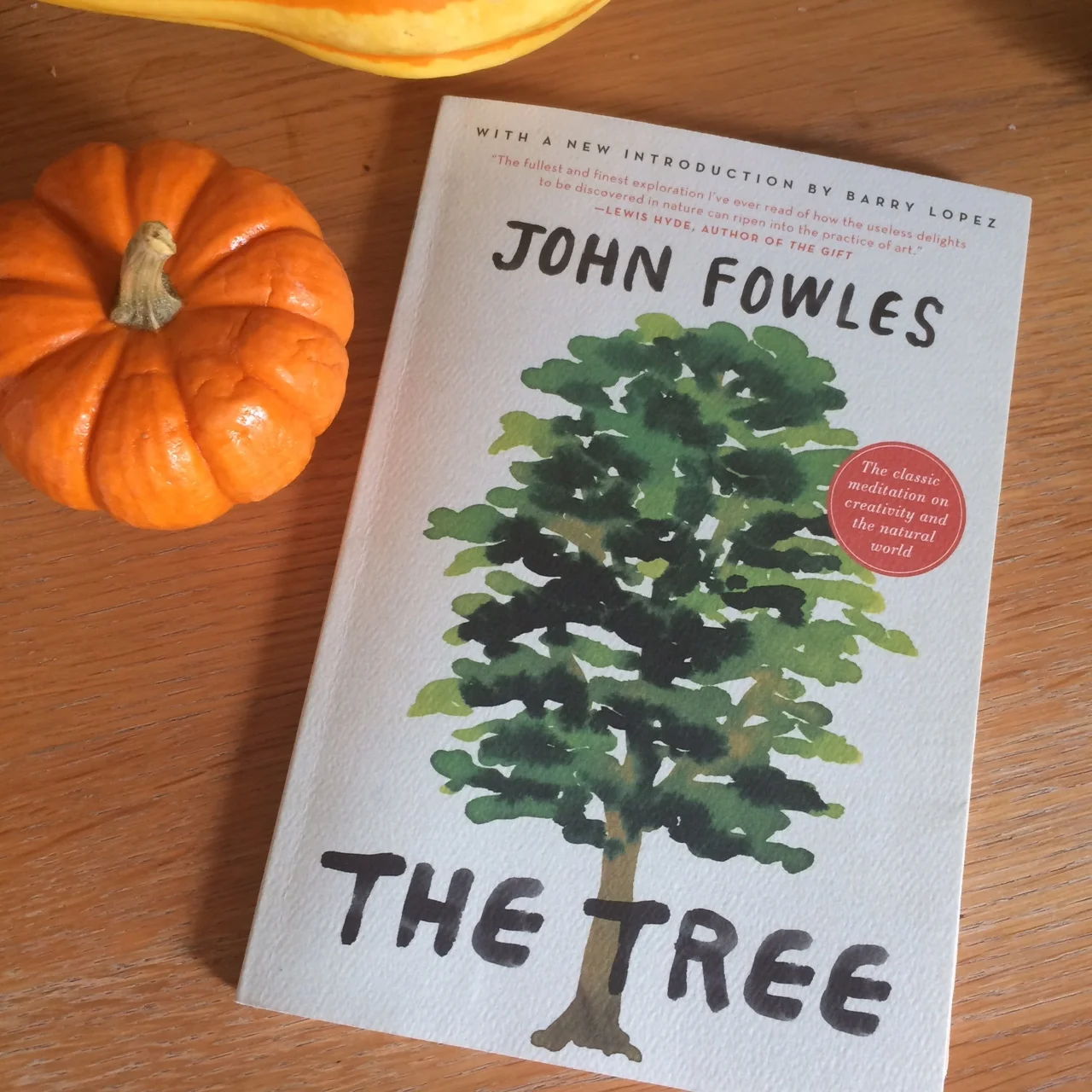I am still in the process of revising my manuscript. When a friend asks how my writing is going and I say that I am still revising my manuscript, often they reply, "still?" and I can see the surprise. The mild disbelief. The repeated use of the word 'still' makes me feel as though I'm stuck and not moving. But what I'm really doing when I revise is re-vision. I'm re-visioning the manuscript, I'm working with the story from a new and dynamic perspective, I'm re-imagining it, I'm re-creating it. It's not easy, but there's nothing static about it either. And that helps.
Useful articles on revision:
Literary Hub: How important is the first draft of your novel? by Sandra Scofield
Necessary Fiction: A month of revision by Matt Salesses















